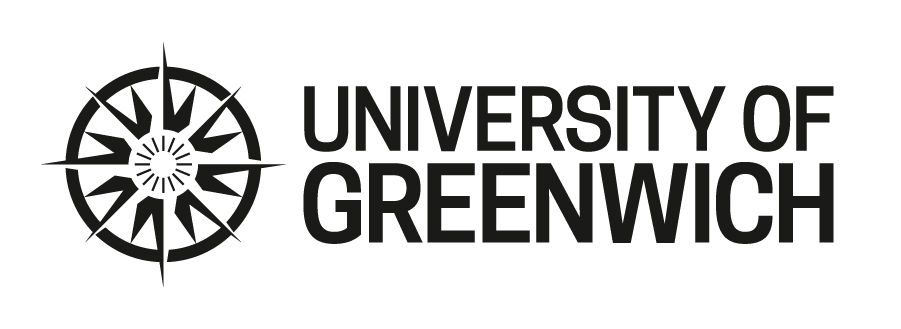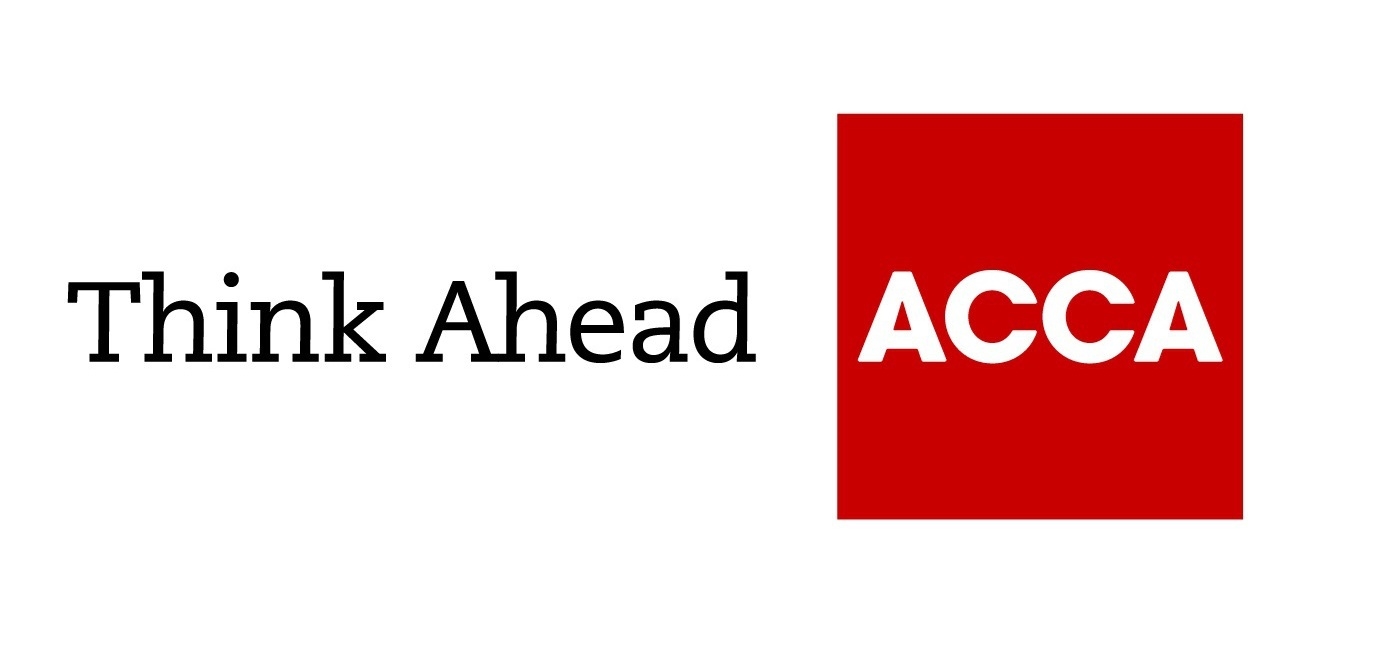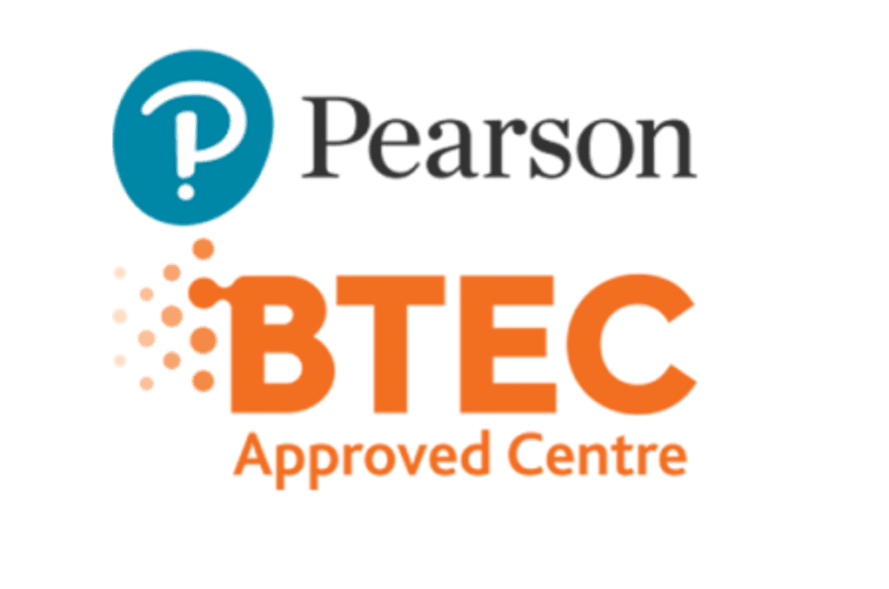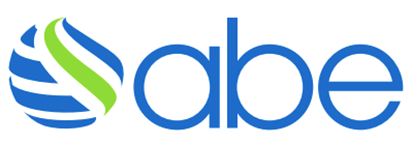Course Structure
The CFA programs curriculum reflects a body of knowledge that is grounded in practice and maintains current relevance through a regular, extensive survey of practicing CFA charter holders. This Candidate Body of Knowledge consists of 10 general topic areas that provide a framework for making investment decisions.
Topic areas for CFA examinations
- Ethical and Professional Standards (total)
- Quantitative Methods
- Economics
- Financial Statement Analysis
- Corporate Finance
- Investment Tools (total)
- Analysis of Equity Investments
- Analysis of Fixed Income Investments
- Analysis of Derivatives
- Analysis of Alternative Investments
- Asset Valuation (total)
- Portfolio Management (total)
Total of 10 topic areas are grouped into 4 functional areas:
- Ethical and Professional Standards,
- Investment Tools,
- Asset Valuation and
- Portfolio Management.
The CFA examinations have always focused on testing investment tools at Level 1, asset valuation (security analysis) at Level II, and portfolio management at Level III. This structure is the logical progression of the investment progress: A practitioner needs to master investment tools to apply those tools to security valuation, and securities need to be valued and then analyzed in a risk-return port-folio context. Because integrity must be exercised throughout the investment process, CFA Institute has emphasized ethical and professional standards at each level.
Academic Partners









